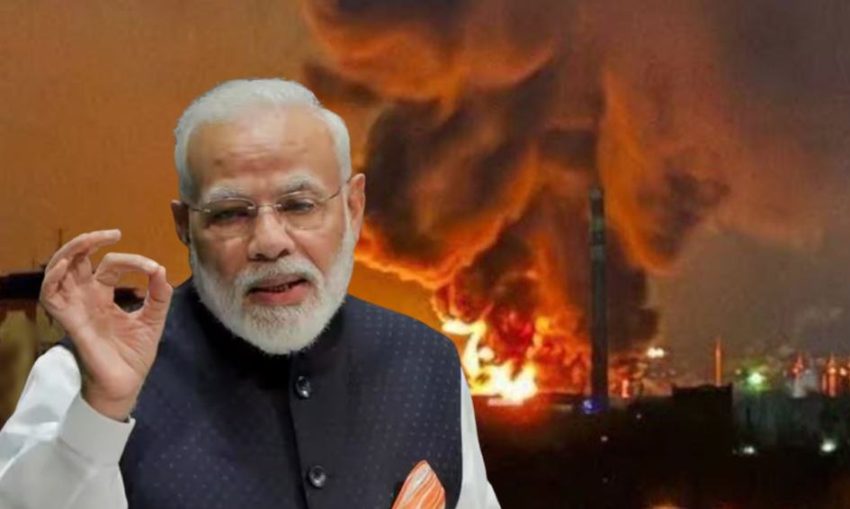By: Asma Bangash
Wars don’t always start with bombs, they often begin with broken promises. For India, the betrayal runs deep. Across the battlefields of Ukraine, young Indians find themselves caught in a war they neither chose nor comprehend. They chased opportunity, not conflict; visas, not violence. Yet their government, content to profit from the chaos, looks away as their lives unravel thousands of miles from home.
Those dreams ended in silence. Some came back in coffins, others simply disappeared. Reports suggest that over a hundred Indians were caught in Ukraine, coerced into fighting or working for the Russian military under contracts they never signed in spirit. A dozen are dead, many remain missing. Their names rarely make headlines. Their stories vanish into the noise of diplomacy and deals.
It’s hard to ignore the moral drift in New Delhi’s corridors of power. On stage, India calls for peace and restraint. Off stage, it profits handsomely from cut-rate Russian oil, a deal wrapped in the rhetoric of “strategic independence.” Behind the grand talk of sovereignty lies a simpler truth—young men from poor families are being used as bargaining chips. Their lives are traded for access, their deaths hidden behind policy statements.
Of course, this isn’t new. States have long sacrificed the powerless for political gain. But the openness of it—the indifference—feels especially cold today. India once stood for moral diplomacy and non-alignment. Now it mimics the behavior of the very powers it once chastised. In chasing global prestige—a seat at elite tables, influence across the Global South, and a long-coveted spot on the UN Security Council—the country has taken on a moral debt it refuses to acknowledge. The cost of that ambition is counted not in dollars, but in lives.
Back home, families wait in quiet despair. Mothers in Bihar, Punjab, and Tamil Nadu stare at phones that will never ring. Their sons are gone, and the state’s answers are clipped, bureaucratic, or nonexistent. Officials call these “individual choices.” But no one chooses to fight in a foreign war for a country they barely know. They were misled, and their government looked away.
What’s more troubling is the growing comfort with deceit. The same system that boasts of national greatness also feeds off the desperation of the poor. It’s the oldest trick in politics: turn people into pawns, then bury the truth under the language of patriotism and progress.
The world’s silence doesn’t help. Western governments eager to court India as a counterweight to China rarely challenge its darker choices. Global media loves the story of India’s rise—its startups, space missions, and economic boom—but shies away from asking who gets left behind in the process. That silence is complicity.
In the end, the story of these trapped Indians isn’t just a tragedy—it’s a reflection of something larger. It shows what happens when governments value image over integrity, and ambition over empathy. When citizens become instruments of policy instead of its purpose, democracy begins to rot—not in explosions, but in quiet neglect. India was meant to rise as the voice of the world’s largest democracy. Instead, the smoke drifting from Ukraine tells another story—one of betrayal, of lives treated as expendable, and of a government that has forgotten the worth of its own people. Until truth matters more than appearances, and accountability outweighs ambition, the blood of the betrayed will continue to mark distant battlefields.














